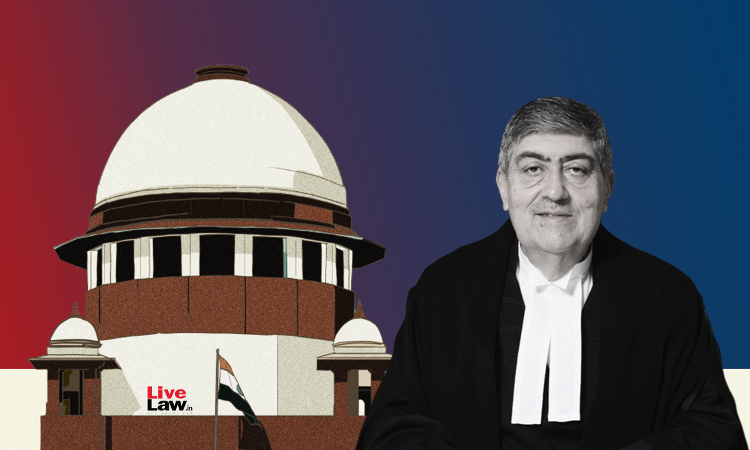In Difficult Times Of History, Article 226 & Basic Structure Doctrine Helped People : Justice SK Kaul
Awstika Das
20 Jan 2023 8:08 PM IST

Next Story
20 Jan 2023 8:08 PM IST
“In difficult periods in our history, it is Article 226 and the basic structure doctrine that have come to the aid of society and the people at large, and I have no hesitation in saying this,” said Supreme Court judge Justice Sanjay Kishan Kaul on Thursday (January 19) while hearing a petition raising the question of whether the jurisdiction of high courts is altogether excluded because of...
